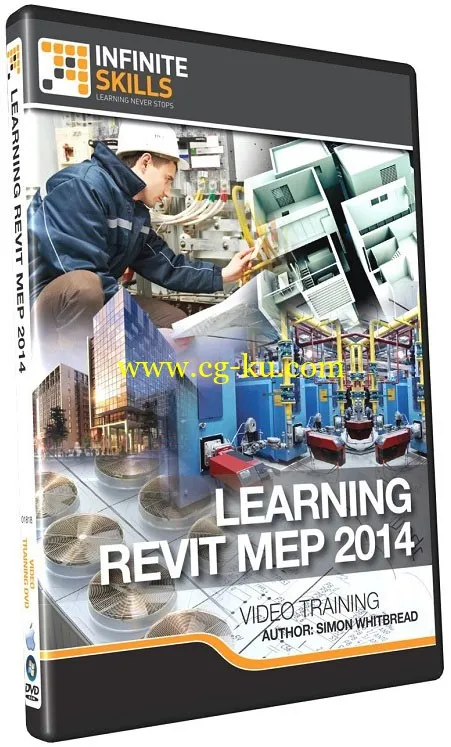
Infinite Skills - Learning Revit MEP 2014 Training Video
English | MP4 | 1280x720 | AVC 360 Kbps 15.000 fps | AAC 64.0 Kbps 44.1 khz | 8.25 hours | 2.45 GB
Genre: Video Training
In this Revit MEP 2014 training course, Simon Whitbread teaches you the basics of using Revit to design mechanical, electrical and plumbing systems. Using BIM (Building Information Modeling) helps you create accurate building systems from concept to construction, and Simon will show you how to take full advantage of the features Revit has to offer you.
This video tutorial is designed for beginners, and no previous experience is necessary to learn how to use Revit MEP. You start by touring the interface and understanding file concepts in Revit, and how they apply to this training. You will then learn to use the basic creation and editing tools such as copy and paste, rotate, mirror, align, offset and others. Throughout the course, you will cover important topics like; using views, spaces and zones, running an energy analysis, HVAC, hydronic piping systems, fire protection and creating electrical systems. This video training course also covers detailing and documentation, the basics of worksharing, and how to present your completed projects.
Once you have finished this computer based training course for Revit MEP 2014, you will have a strong understanding of the fundamental tools and concepts available to you in Revit for MEP application. You will be fully capable of applying this knowledge to your own mechanical, electrical and plumbing building projects. Working files are included, allowing you to follow along with the author throughout the lessons.
01. Introduction To Revit MEP 2014
02. Revit MEP 2014 - At a Glance
03. Basic Creation Tools
04. Basic Editing Tools
05. Starting A New Project
06. Views
07. Spaces And Zones
08. Building Performance Analysis
09. Systems
10. HVAC
11. Hydronic Piping Systems
12. Plumbing Systems
13. Fire Protection Systems
14. Electrical Systems
15. Electrical Panel Schedules
16. Scheduling
17. Detailing
18. Documentation
19. Worksharing
20. Presentations
21. Wrap-Up